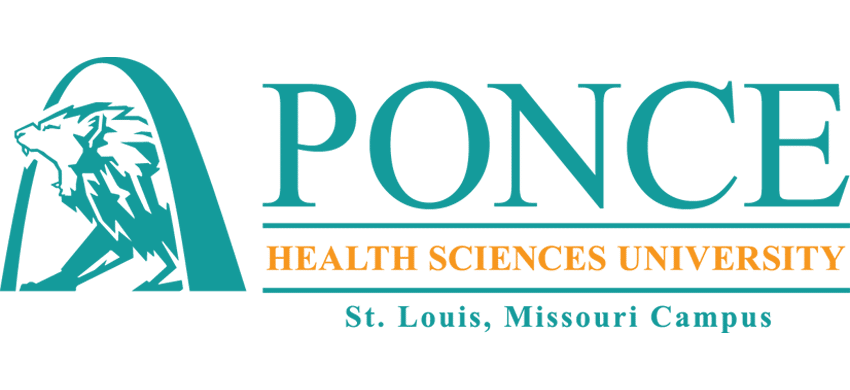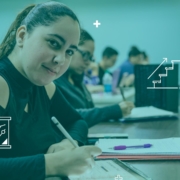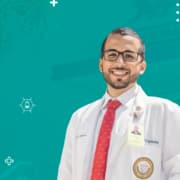Every year, more and more pre-medical students take a gap year after finishing their undergraduate degrees. There are countless ways a gap year can strengthen medical school applications if it’s used right. From volunteering to a post-bacc degree to healthcare-related jobs, finding the right way to use the gap year is essential for medical school applicants.
Due to the global threat of coronavirus and local governments restricting indoor gatherings, Medical College Admission Tests (MCATs) everywhere are being canceled.
However, for students whose exams have been canceled and plans to matriculate to medical school in Fall 2020 are disrupted, there are still options to prepare for medical school.
Three Tips for Gap Year before Medical School
#1: Gain Real-World Medical Experience
#2: Help your Community and Volunteer
#3: Enroll in a Pre-Med Masters Program
Benefits of a Gap Year before Medical School
As of 2017, 62.6 percent of students entering MD programs took at least one gap year before medical school. The year can be used for students to reflect, relax, and reset or test the waters outside of medicine.
Most importantly, gap years give students an opportunity to strengthen their medical school applications, especially those with low GPAs and MCAT scores.
Ultimately, how students use their gap year should reflect their passion for the medical field to admission committees. Thus, every student can choose to demonstrate that passion in different ways. For students who use the gap year, they must find something that will help them stand out. Below we’ll address a few of the gap year options and whether they may be the right path for you.
#1: Gain Medical Experience
If your MCAT scores and science GPA are up to admission standards, medical experience and patient exposure can greatly improve your application. These jobs can range from working as an emergency medical technician, a medical scribe, or a medical assistant. Medical jobs are great for students who need more hours in the field to boost their application.
Arguably the best benefit is students can improve their application while also getting paid and saving before medical school. Even if students need to spend time improving their scores, a part-time job in the medical field will go a long way on your applications. These lessons learned in the field can provide far more value than time in a classroom.
#2: Help your Community and Volunteer
Volunteering in your community shows a commitment to a career in medicine and helping the people in your community. It helps show a student’s passion for the field. Most importantly, you’ll have experiences to write about in your applications that you couldn’t obtain any other way.
Medical school admissions often look for pre-med students that are volunteering 10-15 hours per month. More than the quantity of time spent is the dedication shown through your work. When choosing how to spend your volunteer hours, pursue something that will give you fulfillment and broaden your horizons.
One solution is to start your own project to provide immediate help within your community. With the outbreak of COVID-19, there has been a massive rise in demand in personal protective equipment and medical supplies. Organizing a collection of PPE from other industries to donate to first responders is just one way you can use your volunteer time to help your community.
You’ll also find volunteer positions by contacting hospitals, clinics, labs, and research facilities directly, or talking to your academic advisor. There are also several medical volunteer abroad programs that can help to develop specialized skills while helping people in need.
#3: Enroll in a Pre-Med Post-Bacc Program
Getting into medical school isn’t easy, as more than half who apply every year will be rejected. Post-bacc programs offer a chance for students to improve their credentials, academic record, and show success in graduate science classes.
For students who spend their gap year in the MSMS program at PHSU St. Louis, it’s a year of strengthening credentials and getting experience to move toward a Doctor of Medicine program.
With the current uncertainty surrounding the exams, Ponce Health Sciences University St. Louis has waived the MCAT and GRE requirement for all MSMS program applicants for the time being.
The Master of Science in Medical Science (MSMS) at PHSU St. Louis is an ideal alternative route for students who will be unable to complete their medical school applications without the MCAT. The MSMS provides a new pathway for students to reach medical school and can provide sustainable value to your gap year.
Year One Medical School Experience
The one-year program enhances the credentials of our students for entry into MD programs and other health sciences pathways. The MSMS curriculum is broad-based and mirrors the first year of our LCME-accredited medical school program at PHSU’s School of Medicine.
With experience equal to early semesters in medical school and analytics that predict student USMLE Step 1 results, students can apply to medical school with confidence they’re prepared for the rigorous courses ahead.
The program is completed in just 11 months with courses in Anatomy, Medical Biochemistry, Physiology, Medical Ethics, Microbiology, and more.
Improve your Scores for Med School Applications
Over the last five years, nearly 80 percent of graduating MSMS students received admission into their preferred program and 65 percent of graduates gained admission into medical school. All of our MSMS students who have continued into MD programs have passed USMLE Board Step 1 exams, often outperforming peers.
For many students, earning a coveted spot in an MD program is difficult, but the MSMS improves the academic profile for medical school application with life science courses. After a year, our graduates leave with strengthened MD applications and opportunities they may not have had before.
Special Consideration for Med School
PHSU St. Louis is dedicated to helping students gain an inside track to medical school admission by linking students with top institutions.
The top 20 percent of our graduating MSMS classes will earn an interview for the MD program at PHSU. MSMS graduates who meet certain criteria also earn special consideration from partnered universities, such as A.T. Still University’s Kirksville College of Osteopathic Medicine.
Get your Pre-Med Masters Degree
While many undergraduate students may not be able to meet GPA and MCAT requirements to enter medical school, we invest in students who show promise to succeed in the future. Our innovative dynamic classroom model and analytic approach to student development has proven to strengthen MD applications after graduation.
To learn more about how you can advance toward your future goals in healthcare with the MSMS, visit the PHSU St. Louis website. To enquire about the program, visit our contact page. Online applications for the MSMS and part-time online MSMS program are currently open.




